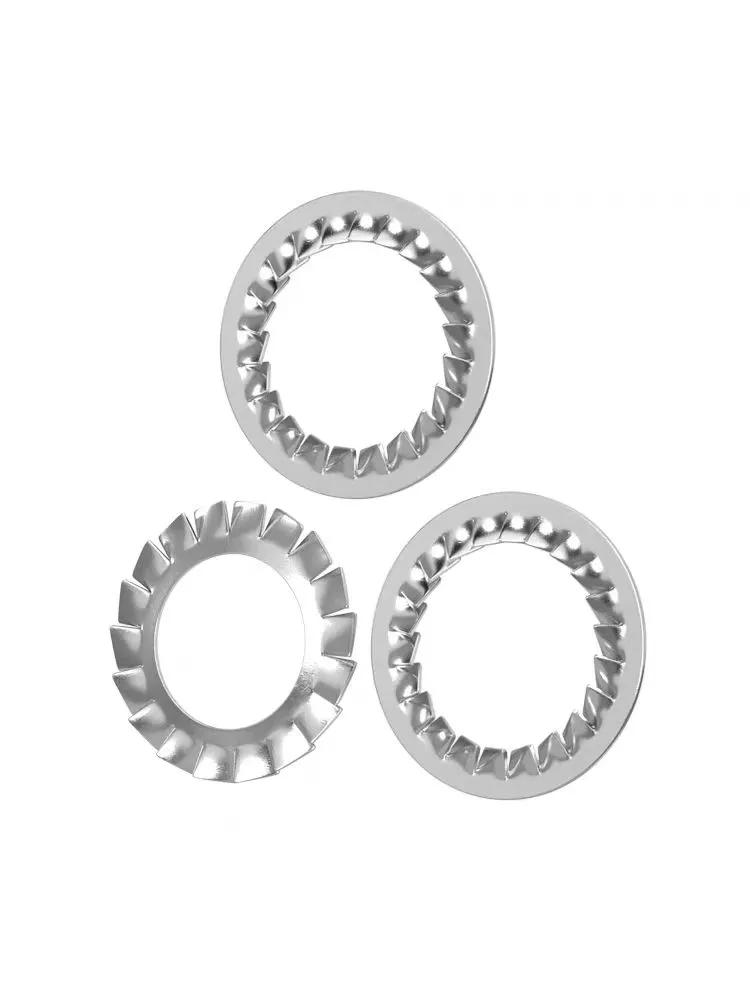

Understanding the Features and Applications of M8 Bolt in Various Industries and Projects
Aug . 07, 2024 09:50 Back to list
Understanding the Features and Applications of M8 Bolt in Various Industries and Projects
Understanding M8 Bolt A Comprehensive Overview
The M8 bolt is one of the most commonly used fasteners in various industries, and it plays a crucial role in a multitude of applications ranging from construction to automotive engineering. Understanding the specifications, applications, and significance of M8 bolts can enhance both the efficiency of assembly processes and the safety of constructed items.
What is an M8 Bolt?
The designation M8 refers to the metric bolt size, where M indicates that it is a metric bolt and 8 represents the nominal diameter of the bolt in millimeters. Thus, an M8 bolt has a thread diameter of 8 mm. Additionally, M8 bolts are characterized by their length, which can vary significantly, typically ranging from 10 mm to 100 mm and beyond. The specific length needed will depend greatly on the application.
M8 bolts are usually made from various materials including carbon steel, stainless steel, and alloy steel. The choice of material affects the bolt's tensile strength, corrosion resistance, and suitability for use in different environments. Stainless steel M8 bolts, for instance, are often utilized in outdoor applications due to their resistance to rust and corrosion.
Thread Pitch and Types
M8 bolts come in different thread pitches, with the most common being 1.25 mm (standard pitch). However, there are also fine pitch options available, such as M8 x 1.0. The thread pitch impacts the bolt's holding power and is essential to consider when selecting a bolt for specific applications.
In addition to standard bolts, M8 fasteners also come in various forms including hex bolts, socket head bolts, and flange bolts. Each type serves distinct purposes based on their design. For example, hex bolts are often used in construction for securing wood and metal parts, while socket head bolts are commonly used in machines where space is limited.
m8 bolt

Applications of M8 Bolts
The versatility of M8 bolts makes them an integral component in various fields. In construction, they are frequently used to fasten steel structures, secure frameworks, and install machinery. In the automotive industry, M8 bolts are commonly found in engine assemblies, chassis, and suspension systems.
Moreover, the electronics industry also utilizes M8 bolts for assembling devices and fixtures where strong and reliable connections are crucial. The choice of M8 bolts ensures that these connections can withstand vibration and impact.
Installation and Torque Specifications
Proper installation of M8 bolts is critical to ensure structural integrity and safety. The recommended torque for tightening an M8 bolt varies based on the material and grade of the bolt. For example, a typical carbon steel M8 bolt should be torqued to between 20 to 25 Nm (Newton meters), while a stainless steel variant might require a lower torque due to its lower friction coefficient.
Applying the correct torque helps avoid issues such as bolt fatigue, loosening, or stripping of threads. Therefore, using a torque wrench is highly recommended to achieve the desired clamping force without over-tightening.
Conclusion
In summary, M8 bolts are essential components with a wide range of applications across various industries. Their specifications, including diameter, thread pitch, and material composition, define their functionality and suitability for specific tasks. Understanding the characteristics and proper installation techniques of M8 bolts is vital for anyone involved in construction, engineering, or manufacturing, ensuring both reliability and safety in their projects. Whether you are a seasoned professional or a DIY enthusiast, grasping the importance of M8 bolts contributes significantly to the successful execution of any fastening task.
Latest news
-
Hot Dip Galvanized Bolts-About LongZe|High Strength, Corrosion Resistance
NewsJul.30,2025
-
High-Strength Hot Dip Galvanized Bolts - Hebei Longze | Corrosion Resistance, Customization
NewsJul.30,2025
-
Hot Dip Galvanized Bolts-Hebei Longze|Corrosion Resistance&High Strength
NewsJul.30,2025
-
High-Strength Hot-Dip Galvanized Bolts-Hebei Longze|Corrosion Resistance&High Strength
NewsJul.30,2025
-
Hot Dip Galvanized Bolts-Hebei Longze|Corrosion Resistance&High Strength
NewsJul.30,2025
-
Hot Dip Galvanized Bolts - Hebei Longze | Corrosion Resistance, High Strength
NewsJul.30,2025

